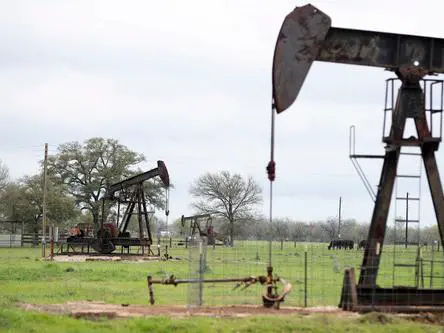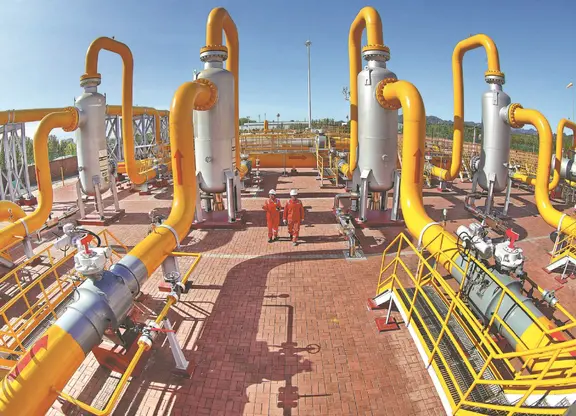Researchers from Australia's peak scientific body have found that hydraulic fracturing can have little to no environmental impact.
Hydraulic fracturing, commonly known as fracking, is the process whereby liquids are blasted into cracks in rocks at high pressures to enable the extraction of petroleum and natural gas.
Critics and environmentalists claim that the process can destroy water supplies and affect air quality by producing pollutants.
However, in a comprehensive study published in Monday, researchers from the Commonwealth Scientific and Industrial Research Organisation (CSIRO) found no evidence to support those claims.
The CSIRO's Gas Industry Social and Environmental Research Alliance (GISERA) spent three years analyzing air, water and soil samples taken before, during and six months after fracking operations were conducted at six sites in Queensland.
They found that fracking had "little to no impacts" on air quality, soils, groundwater and waterways.
"This new research provides valuable data about hydraulic fracturing in coal seam gas formations in the Surat Basin, Queensland," GISERA director Damian Barrett said in a media release.
"Previously, the only information about hydraulic fracturing was from overseas studies in quite different shale gas formations.
"Clearly governance, industry regulation and operational integrity are crucial in managing risk and potential impacts of hydraulic fracturing."
The Australian government has previously asked states and territories to embrace fracking but the practice has been banned in some states.
 简体中文
简体中文














